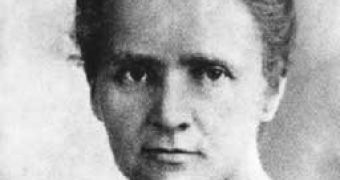Some past Nobel prize recipients rejected the award, while some weren't allowed it. Some found themselves in very complicated social and political situations, while others were of the wrong gender.
During Adolf Hitler's reign of terror, German Nobel Laureates Richard Kuhn, Adolf Butenandt and Gerhard Domagk were forbidden from accepting the prize. They were later awarded the diploma and medal, but not the million dollars.
Soviet leaders exerted similar pressure on their winners. After several Soviet dissidents were awarded the prestigious prize, in 1958, Nobel Laureate in Literature Boris Pasternak was forced to renounce it.
NobelPrize also informs readers about some recipients that just didn't want to accept the Nobel. Jean-Paul Sartre refused the Nobel Prize in Literature in 1964, because he was against formal recognition of any kind.
In 1973, Le Duc Tho and US Secretary of State Henry Kissinger received the honor for bringing peace by negotiating a treaty between Vietnam and the US. Le Duc Tho didn't see it fit to embrace the honor, considering the effects the war had had on Vietnamese people. Kissinger had no problem with that.
At the time of the award ceremony, German pacifist and journalist Carl von Ossietzky, Burmese politician Aung San Suu Kyi and Chinese human rights activist Liu Xiaobo were jailed and considered enemies of the state.
Marie Curie was the first person to receive 2 Nobel prizes, and the first woman to ever be awarded the honor. The first one was in the field of physics, in 1903, for discovering radioactivity. She shared the prize with husband Pierre Curie and fellow professor Henri Becquerel. Her second, she received in 1911, for chemistry, after she achieved the isolation of pure radium.
Rumor has it Curie was not even on the nominees list the first time around, as science folks in the beginning of the 1900s weren't too fond of the idea of women joining their ranks. Her fellow researchers, husband Pierre and French scientist Becquerel, were up for the award, however.
Swedish mathematician Magnus Goesta Mittag-Leffler entered Marie at the last minute. He was an advocate for women's right and their inclusion in the science field. Her award was only validated a year later, in 1903, after thorough investigation of the matter.

 14 DAY TRIAL //
14 DAY TRIAL //